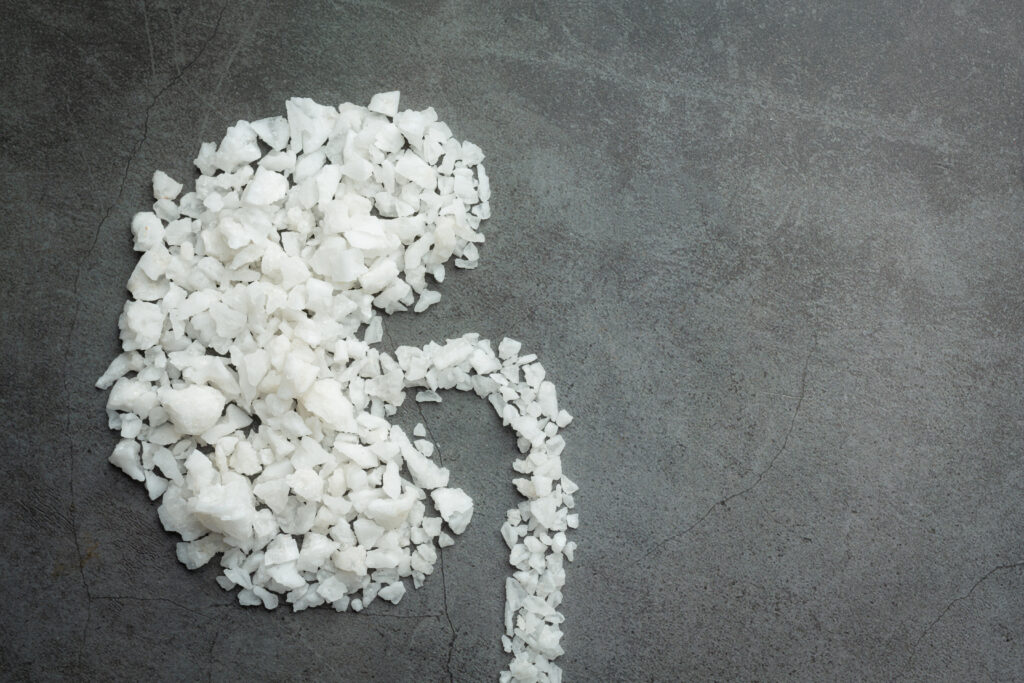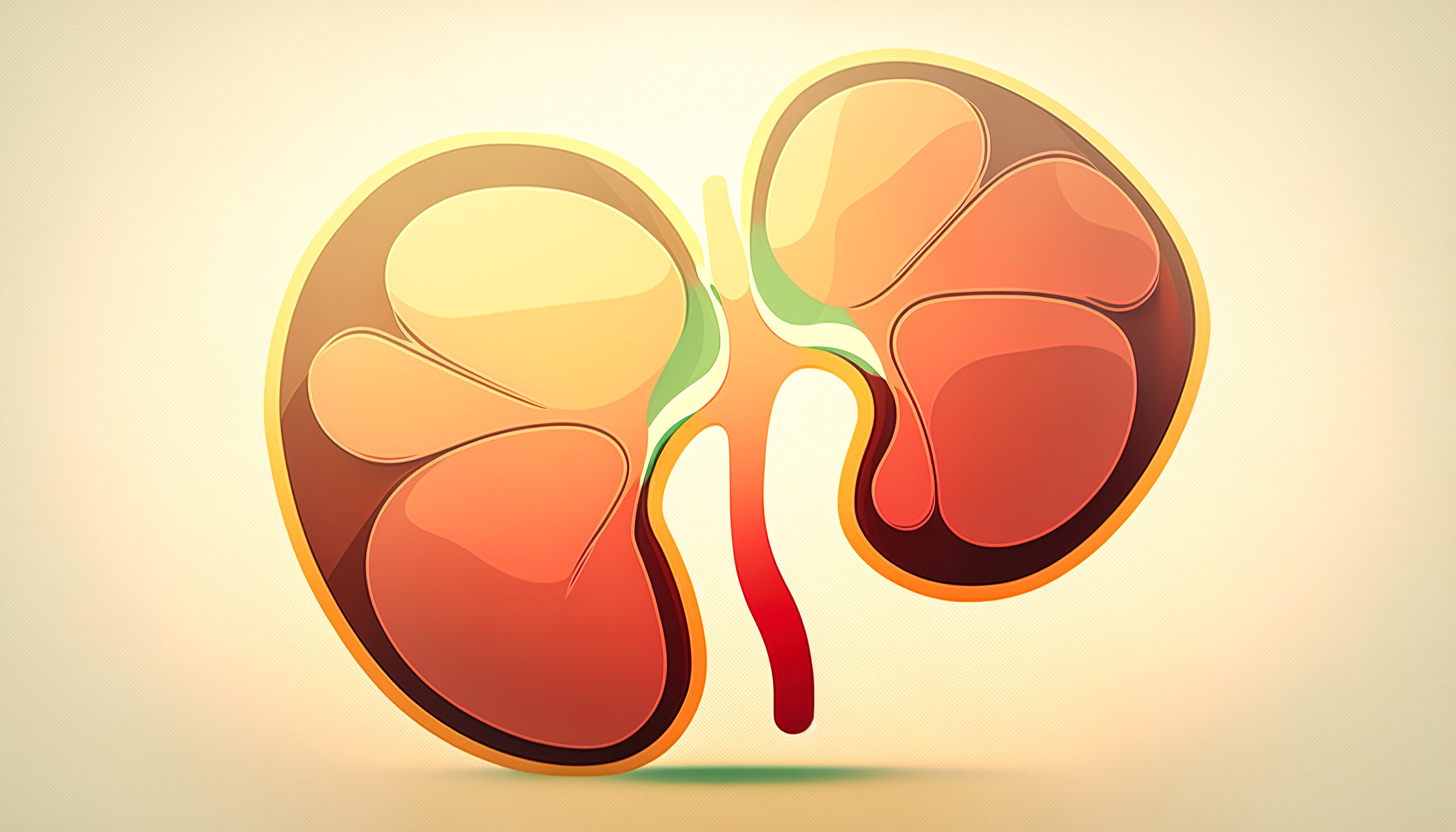Managing Chronic Kidney Disease through Diet and Lifestyle
Contents
- 1 Managing Chronic Kidney Disease through Diet and Lifestyle
- 1.1 Understanding Chronic Kidney Disease
- 1.2 The Role of Diet in Kidney Health
- 1.3 Importance of Hydration
- 1.4 Sodium and Fluid Control
- 1.5 Protein Intake Management
- 1.6 Potassium and Phosphorus Balance
- 1.7 Nutrient-Rich Diet
- 1.8 Managing Blood Pressure
- 1.9 Regular Physical Activity
- 1.10 Smoking Cessation and Alcohol Moderation
- 1.11 Sleep and Stress Management
- 1.12 Medication Adherence
- 1.13 Monitoring Kidney Function
- 1.14 Coping with Emotions
- 1.15 Understanding Anemia
- 1.16 Planning Kidney-Friendly Meals
- 1.17 Creating a Balanced Plate
- 1.18 Incorporating Fresh Fruits and Vegetables
- 1.19 Limiting Processed Foods
- 1.20 Herbal Supplements and CKD
- 1.21 Meal Preparation Tips
- 1.22 Dining Out with CKD
- 1.23 Frequently Asked Questions (FAQs)
- 1.24 Conclusion
Read DISCLAIMER
Discover effective strategies for managing chronic kidney disease through diet and lifestyle changes. Learn about nutrition, exercise, and lifestyle adjustments to improve kidney health and overall well-being.
Managing chronic kidney disease (CKD) requires a comprehensive approach that combines dietary choices, lifestyle adjustments, and medical guidance. CKD is a progressive condition wherein the kidneys gradually lose their ability to filter waste and excess fluids from the blood. While there’s no cure for CKD, adopting a holistic strategy that includes managing diet and lifestyle can significantly slow down its progression and enhance overall well-being. In this informative guide, we will delve into effective strategies for managing chronic kidney disease through dietary modifications, exercise, and lifestyle changes.

Understanding Chronic Kidney Disease
Chronic kidney disease often starts silently, with early stages showing no symptoms. Regular check-ups and adherence to medical advice are crucial to detect and manage CKD effectively. The kidneys’ gradual loss of function in filtering waste and excess fluids from the blood characterizes this condition.
The Role of Diet in Kidney Health
Diet plays a pivotal role in managing CKD. A kidney-friendly diet involves controlling intake of specific nutrients like sodium, potassium, phosphorus, and protein to alleviate stress on the kidneys. By following dietary recommendations, individuals can support their kidney function and overall health.
Importance of Hydration
Proper hydration is vital for maintaining kidney function. Staying adequately hydrated aids in flushing out toxins, regulating blood pressure, and maintaining fluid balance. Consultation with healthcare providers can help determine personalized fluid intake recommendations.
Sodium and Fluid Control
Managing sodium intake is crucial for controlling blood pressure and fluid retention. Minimizing high-sodium foods and processed items supports kidney health. Fluid control, coupled with reduced sodium intake, helps maintain optimal kidney function.
Protein Intake Management
Balancing protein intake is key to minimizing strain on the kidneys. Opting for the right amount of high-quality protein is essential, and consulting healthcare professionals can provide personalized recommendations based on CKD severity.
Potassium and Phosphorus Balance
Vital minerals like potassium and phosphorus require careful monitoring. When not properly regulated, these minerals can negatively impact kidney function. Balancing their intake through dietary adjustments contributes to kidney health.
Nutrient-Rich Diet
Prioritizing nutrient-rich foods such as fruits, vegetables, whole grains, lean protein, and healthy fats supports overall health and kidney function. These foods provide essential vitamins, minerals, and antioxidants that aid in managing CKD.
Managing Blood Pressure
High blood pressure is a risk factor for kidney damage acceleration. Effective blood pressure management is crucial for CKD patients. Regular monitoring and following prescribed treatments can help maintain healthy blood pressure levels.
Regular Physical Activity
Engaging in regular physical activity improves cardiovascular health and overall well-being, benefiting kidney health. Incorporating moderate exercise into daily routines supports kidney function and overall health.
Smoking Cessation and Alcohol Moderation
Quitting smoking and moderating alcohol consumption contribute to kidney health and reduce the risk of complications. These lifestyle changes positively impact overall well-being.
Sleep and Stress Management
Prioritizing quality sleep and managing stress are essential components of managing CKD. Adequate sleep and stress reduction contribute to improved kidney function and overall health.
Medication Adherence
Adhering to prescribed medications and treatments is vital. Consult healthcare providers for proper guidance and ensure consistent medication adherence.
Monitoring Kidney Function
Regular monitoring of kidney function through blood and urine tests is essential for tracking the progression of CKD accurately. This data helps healthcare providers make informed decisions about treatments and interventions.
Coping with Emotions
The emotional challenges of dealing with a chronic condition like CKD can be overwhelming. Seeking support from loved ones, joining support groups, and engaging in stress-reduction activities can help individuals cope with emotional hurdles.
Understanding Anemia
Anemia is common in CKD due to reduced production of red blood cells. Addressing anemia through appropriate medical interventions and lifestyle adjustments can lead to improved energy levels and overall health.
Planning Kidney-Friendly Meals
Crafting kidney-friendly meals involves balancing nutrients and portion sizes. Consulting with registered dietitians ensures that individuals receive personalized guidance tailored to their specific dietary needs.
Creating a Balanced Plate
Building meals around lean protein, whole grains, and a variety of colorful fruits and vegetables supports kidney health. These choices provide essential nutrients while maintaining dietary restrictions.
Incorporating Fresh Fruits and Vegetables
Fresh fruits and vegetables are nutrient powerhouses, providing essential vitamins and minerals. Opting for options lower in potassium and phosphorus contributes to kidney health.
Limiting Processed Foods
Minimizing the intake of processed foods, often high in sodium and additives, helps reduce strain on the kidneys and supports overall health.
Herbal Supplements and CKD
While herbal supplements may offer health benefits, caution is necessary due to potential interactions with medications and impact on kidney function. Consulting healthcare providers before using supplements is recommended.
Meal Preparation Tips
Planning and preparing kidney-friendly meals in advance simplifies adherence to dietary restrictions. Home-cooked meals allow individuals to control ingredients and make healthier choices.
Dining Out with CKD
Eating out can pose challenges for CKD patients. Reviewing menus, requesting modifications, and making informed choices contribute to managing CKD while enjoying meals outside.
Frequently Asked Questions (FAQs)
Can I still enjoy protein-rich foods with CKD?
Yes, moderation is key. Opt for high-quality protein sources and consult a dietitian for personalized recommendations.
Is drinking more water beneficial for CKD patients?
Hydration is important, but consult your healthcare provider for personalized fluid intake recommendations.
How can I manage phosphorus intake?
Limiting high-phosphorus foods like dairy and processed foods helps manage phosphorus levels. Consult a dietitian for guidance.
Can exercise worsen kidney function?
No, regular moderate exercise is beneficial for kidney health. Consult your doctor before starting a new exercise routine.
Are there any herbal teas safe for CKD patients?
Certain herbal teas like chamomile and hibiscus are generally safe in moderation. However, consult your doctor before trying any new supplements.
How can I cope with the emotional impact of CKD?
Seeking support from loved ones, joining support groups, and engaging in stress-reduction activities can help cope with the emotional challenges of CKD.
Conclusion
Chronic kidney disease (CKD) management is a challenging process that calls for commitment, expertise, and a wholistic approach. Although there is no known treatment for CKD, people may greatly enhance their kidney health and general wellbeing by making thoughtful food decisions, engaging in regular exercise, and making other lifestyle changes.
Understanding CKD’s quiet progression highlights the value of routine checkups and medical advice. Adopting a kidney-friendly diet that limits salt, potassium, phosphorus, and protein intake helps prevent the kidneys’ progressive loss of function. The balance of essential minerals like potassium and phosphorus as well as proper hydration all play critical roles in reducing stress on the kidneys.
In addition to promoting kidney health, eating a diet high in nutrient-dense foods including fruits, vegetables, whole grains, lean protein, and healthy fats is beneficial for general health. Additionally, excellent blood pressure control, consistent exercise, quitting smoking, drinking in moderation, getting enough sleep, and stress management are crucial aspects of CKD treatment.
The journey with CKD involves taking medications consistently, monitoring kidney function, dealing with mental difficulties, and recognizing and treating anemia. Making meals that are kidney-friendly, including fresh produce while avoiding processed foods, and being cautious while using herbal supplements all improve kidney health.
Careful planning and well-informed decisions may be made even when dining out. Individuals may empower themselves to take control of their health journey and greatly enhance their quality of life while managing chronic kidney disease by combining these tactics with the assistance of healthcare experts, loved ones, and support groups.

Very interesting information!Perfect just what I was looking for!!
Thank you for your sharing. I am worried that I lack creative ideas. It is your article that makes me full of hope. Thank you. But, I have a question, can you help me?
I don’t think the title of your article matches the content lol. Just kidding, mainly because I had some doubts after reading the article.
Can you be more specific about the content of your article? After reading it, I still have some doubts. Hope you can help me.
Thank you for your sharing. I am worried that I lack creative ideas. It is your article that makes me full of hope. Thank you. But, I have a question, can you help me?
Can you be more specific about the content of your article? After reading it, I still have some doubts. Hope you can help me.
I don’t think the title of your article matches the content lol. Just kidding, mainly because I had some doubts after reading the article.
Your point of view caught my eye and was very interesting. Thanks. I have a question for you.
I don’t think the title of your article matches the content lol. Just kidding, mainly because I had some doubts after reading the article.
Your point of view caught my eye and was very interesting. Thanks. I have a question for you.
Can you be more specific about the content of your article? After reading it, I still have some doubts. Hope you can help me. https://www.binance.info/en-IN/register?ref=UM6SMJM3
Thanks for sharing. I read many of your blog posts, cool, your blog is very good. https://accounts.binance.info/zh-TC/register-person?ref=DCKLL1YD